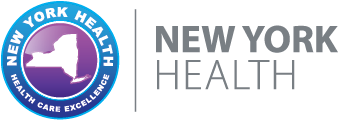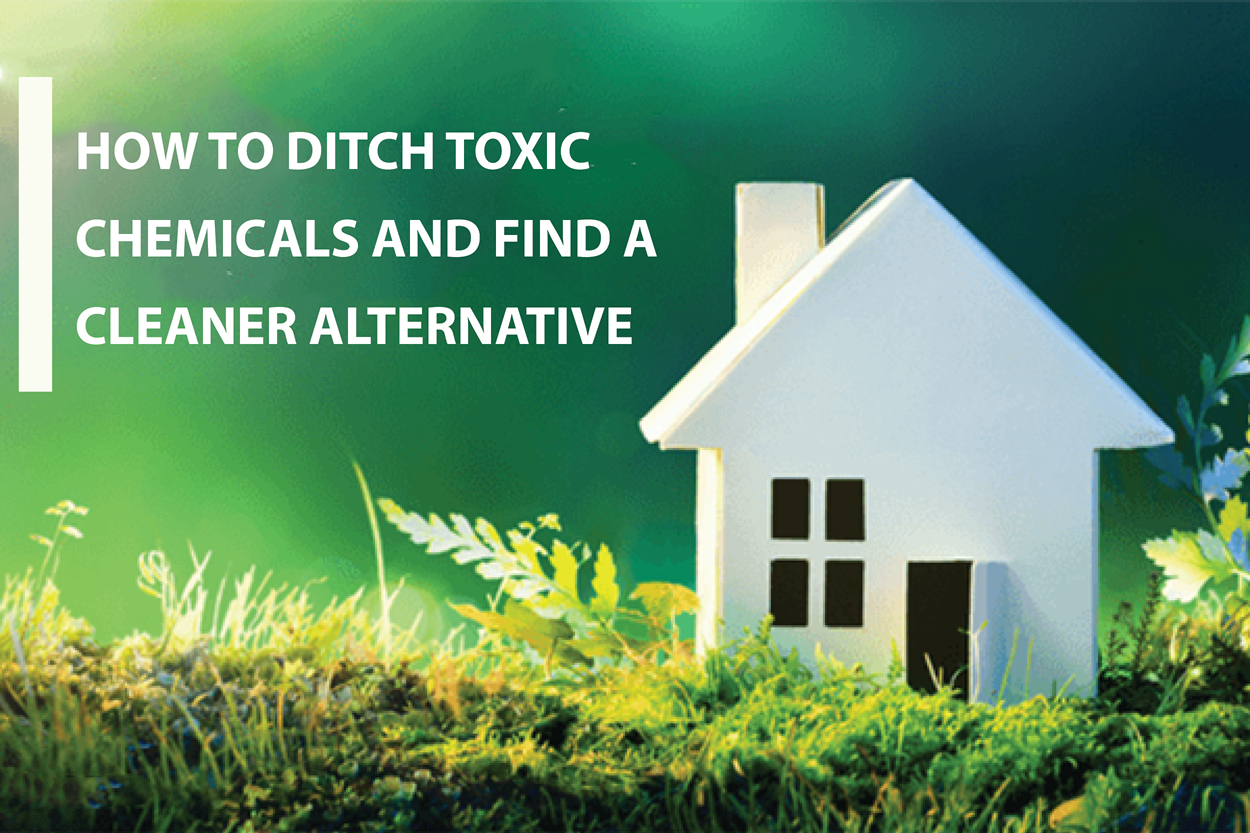8 Ways to Detox Your Home for the New Year
Entering a new year inspires a desire to evolve, change, and conquer goals. It’s a time to reflect on the past year and look ahead to the new year and beyond. Our home is a foundational space to refresh, as it plays a pivotal role in our mental and physical health. Discover ways to detoxify your home to create a healthier and safer dwelling environment with these simple swaps.
Detoxify your Cleaning Supplies
Your cleaning supplies don’t need to include germ-killing, synthetic toxic chemicals, and artificial fragrance in order to be effective. Household cleaning products enter the air you breathe and surfaces you touch, so it’s key to inspect labels for potentially harmful chemicals you might be consuming in your home. So, what ingredients should you be conscious of avoiding? Some common toxic ingredients to steer clear of in household cleaners are listed below. Look for these ingredients as you evaluate the labels for household products like dish soap, dishwashing detergent, all-purpose cleaner, floor cleaners, toilet cleaners, glass cleaners, and laundry detergent. There are a lot of great, non-toxic alternatives on the market. Don’t underestimate the power of DIY cleaners, made with effective and antibacterial ingredients like vinegar.
-
Phenols
-
Phthalates
-
Phosphate
-
Ammonia
-
Ethanolamines
-
Chlorine bleach
-
Sodium dichloroisocyanurate dihydrate
-
2-butoxyethanol
-
Formaldehyde
-
Fragrance
Ditch Non-stick Cookware
Often, non-stick cookware is coated with PFAS, a large group of manufactured compounds widely used to make everyday products more resistant to stains, grease, and water. PFAS are also called “forever chemicals” because they are very difficult to break down or destroy, and studies have shown that exposure to PFAS has been linked to multiple cancers. Although non-stick cookware helps make cooking and cleaning a breeze, consider using stainless steel, cast iron, or enameled or anodized aluminum cookware instead.
Replace Plastic Food Storage Containers
It can be risky to store your food in plastic containers, as studies have shown that the plastic from these containers can leach chemicals such as bisphenols like BPS or BPA. Although many BPA-free plastic containers are on the market, it’s still likely these plastics might contain other harmful and endocrine-disrupting chemicals. With this in mind, consider ditching your plastic food storage containers and opting for glass, stainless steel, or ceramic instead.
Filter Your Water
Water filtration is an easy way to support your health, and many water filters are available to help. What water filters remove depends on the filter type you’re using. Look for a filter that removes toxins like aluminum, chlorine, fluoride, or other heavy metals. Consider using a filtration system for the water you drink and water you shower with.
Bedroom Refresh
We spend roughly one-third of our lives sleeping. That’s almost 26 years for the average person. Given the time we dedicate to slumbering in our lifetime, it’s important to have a clean and rejuvenating sleep setup. Unfortunately, many mattresses, pillows, mattress pads, and toppers contain flame retardants applied to various materials to prevent burning or slow the spread of fire. Flame retardants house different toxic chemicals that can linger in our bodies and have been linked to thyroid and endocrine disruption, immunotoxicity, reproductive toxicity, cancer, and adverse effects on fetal and child development and neurologic function. Consider swapping your sleep stuff for organic alternatives.
Skincare Swaps
The skin is the body’s largest organ and absorbs ingredients from skincare products. However, there is still a large discussion about how much of the ingredients from your skincare actually get absorbed into your body. There’s a claim floating around that about 60% of skincare ingredients get absorbed into your bloodstream, but experts and dermatologists await more hard data to support this claim. Regardless of the number, the body does absorb ingredients from skincare products and there can be a cause for concern if these ingredients are harmful. To start your skincare product swaps, analyze the ingredients in your everyday skincare products. Some toxic chemicals to look out for and avoid include:
-
Types of formaldehyde, a known carcinogen.
-
Dibutyl and diethylhexyl phthalates, which can disrupt hormones and damage the reproductive system.
-
Isobutyl and isopropyl parabens, which can disrupt hormones and harm the reproductive system.
-
The long-chain per- and polyfluoroalkyl substances known as PFAS, which have been linked to cancer.
Indoor Plant Power
The air you breathe in your home can contain various pollutants like volatile organic compounds (VOCs) emitted by household cleaners, paint, or furniture, as well as airborne particles, such as dust and allergens. Prolonged exposure to these pollutants can lead to health issues like allergies, respiratory problems, and fatigue. That’s why it’s important to filter the air in your home. Houseplants are a helpful and decorative option to combat indoor air pollution. Plants that assist with filtering the air and improving your indoor air quality include:
-
Snake plant
-
Peace lily
-
English ivy
-
Aloe vera
-
Peace lily
-
Spider plant
-
Bamboo palm
-
Golden pothos
-
Boston fern
-
Rubber plant
Sources:
National Institute of Environmental Health Sciences
Cancer.Net: Can Cooking With Nonstick Cookware Increase Your Cancer Risk?

